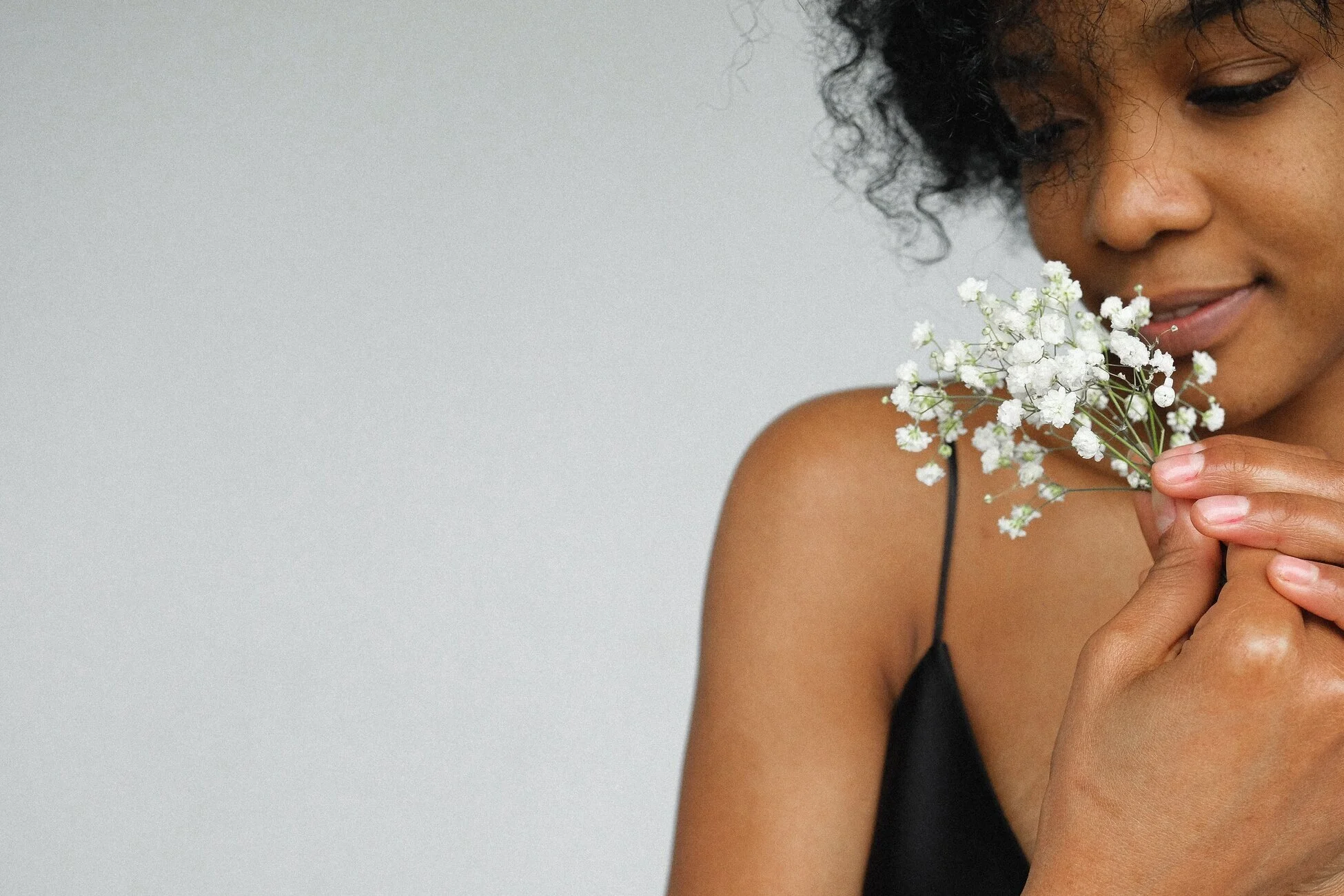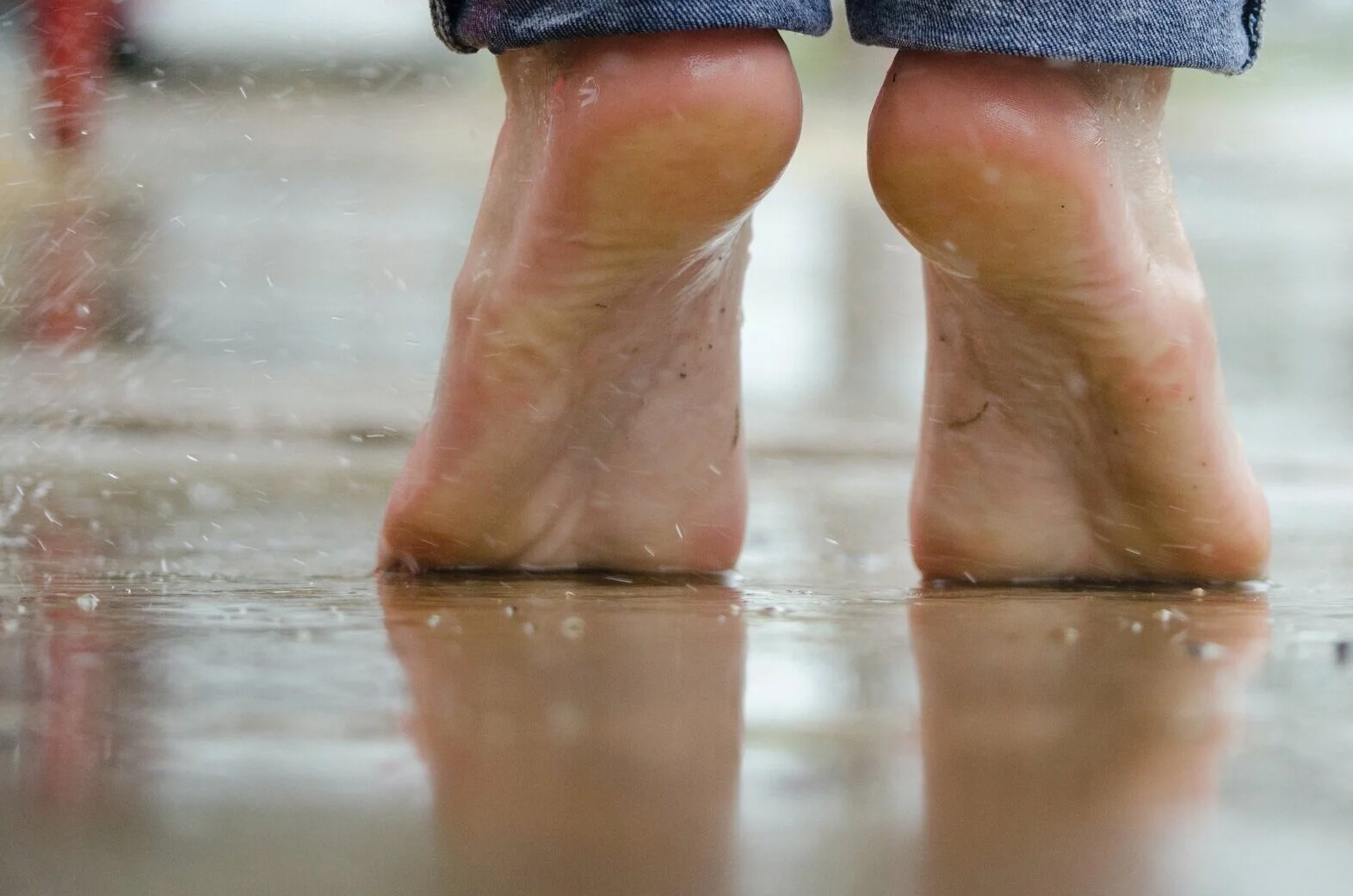
Your mental health is highly personal and unique to you - and it might sometimes seem impossible to navigate. In addition to providing free Islamic Counselling, the Lateef Project has several resources to help you understand what you may be going through, incorporate helpful habits into your life, and recognise when you might need to call in some expert help for guidance.
Depression.
Depression is a common mental health problem mainly characterised by a persistent low mood, and a decreased ability to find joy in things which otherwise make you happy. Many people will experience depression, and it can be damaging to many aspects of your life. Our guide to depression can help you explore signs and symptoms of this condition, give you tips on how to manage your wellbeing on a day-to-day basis, and provide a checklist to help you recognise when to reach out for professional support. This guide is also available in Urdu, Bangla, and Turkish. Helpful info in additional languages is also available from the Royal College of Psychiatrists.
Anxiety.
Anxiety is a frequently diagnosed mental health problem in which you experience varying degrees of persistent worry or fear about something that might or will happen in the future. It can cause physical and mental harm and can be exacerbated or triggered by stressful experiences or conditions. Our guide to anxiety can help you explore how this condition impacts your life, give you tips for managing it, and help you spot when it becomes a problem that would benefit from outside support. This guide is also available in Urdu, Bangla, and Turkish. Helpful info in additional languages is also available from the Royal College of Psychiatrists.
Trauma.
Many people who experience or witness a shocking, violating, or traumatic event will experience some lasting psychological or physiological effects. These can range in severity from temporary depression to long term PTSD. Experiencing consequences of a traumatic experience almost always merits reaching out for professional support, whether in the form of counselling or another system. Our guide to trauma can help you name and sort through your symptoms and explore how best to live and thrive after a traumatic experience. This guide is also available in Urdu, Bangla, and Turkish. Helpful info in additional languages is also available from the Royal College of Psychiatrists.
Coronavirus.
The global COVID-19 pandemic is having a severely detrimental effect on our mental health, exacerbating pre-existing problems and visiting fresh trauma on us at a time when anxiety levels are high and support can seem far away. Our guide to the COVID-19 pandemic and your mental health will help you explore the impact it is having on you, give you tips on how to manage your wellbeing daily, and show you how to recognise when you might need some extra help. This guide is also available in Urdu, Bangla, and Turkish. Helpful info in additional languages is also available from the Royal College of Psychiatrists.

Even when things are not as surreal and stressful as they are now - with the global Covid-19 pandemic changing our lives in all sorts of ways - it’s good to check in and try to ground ourselves. But what does that even mean? Keep reading for more info and some useful techniques.
Being grounded.
Being grounded means to be aware and conscious of where we are in the present moment through using all our senses. We become aware that our breath is moving in and out of our body. We feel the texture of the clothes we wear on our skin. We can hear birdsong (or the annoying strimmer in somebody’s garden!) or other sounds. We can smell nourishing food being prepared and feel hungry. We can taste the richness of a delicious slice of chocolate cake or the sharp zing of a lemon. When we are fully focused on these sensations, we feel clear, whole and harmonious. Who doesn’t want that?
But for many of us, the world can seem like a very alienating and unstable place. Our memories and thoughts can overwhelm us and take us away from the vital present moment, sending us into a long gone past that we can’t change or into a future that is yet to be and over which we have little if any control. This can knock us off in many ways, especially emotionally. The smallest things can make us anxious, cause drama or annoy us. We can react with anger or fear when neither is appropriate.
As a result we may feel disconnected, isolated, depressed and anxious. When ungrounded, we feel easily distracted, ‘spaced out’, may ruminate and over-think things. It is also more than just a psychological state. Physical symptoms of being ungrounded include chronic tiredness, inflammation, insomnia, poor circulation and aches and pains all over the body.
There are a couple of things everyone can do to put themselves on track for a more grounded day-to-day experience - breathe & connect. Everyone’s circumstances, minds, and souls are different, though, and these steps cannot always do all the heavy lifting - neither can you! That’s what counselling is there for - to help when you cannot re-ground yourself, for any reason.
Breathing.
This is our very own portable stress-buster. There are dozens of different techniques but here is one that helps instantly when you are feeling stressed.
Close your eyes while seated with your feet on the ground and imagine you can trace the air going into your nostrils and into your lungs. When you exhale, imagine the air clearing out of your lungs and exiting through your nose. Just allow the in breath and out breath to come and go without forcing anything. If thoughts or feelings come into your mind, bring your attention back to the breath.
You can start by doing this for a minute and then increase it up to 10 minutes. It gets easier with practice!
Movement.
Move your body vigorously, do star-jumps, walk fast, run on the spot or preferably outside in nature.
Make lists of small, achievable tasks or jobs you can do in the immediate future and reward yourself with praise, self-compassion and even a small, healthy, material gift when you complete each one.
Listening to high-tempo, percussive sound, talking to someone even about mundane issues, keeping a journal, making a vision board, can all help.
Gratitude - Shukr
Being out in Allah’s beautiful natural world and in natural light as much as possible, repeating Subhanallahi wa hamdulillahi wa la ilaha illaAllah Allah akbar as often as you can, while you go about your daily tasks. You do not need to set aside a special time or space to do this kind of ‘ibada. If we can appreciate Allah’s signs all around us at any time or in any place, it can shift our attention enough to gain perspective, to think more rationally about our circumstances and to dispel looping, intrusive thoughts, that drag us back to fear, negativity and despair.
Service - A’mal
Random, small or big, acts of kindness for someone who needs assistance in some way, or regular, consistent, actions taken to help others, volunteering, to help children animals and the natural world, create a beautiful work of art or poetry so others gain knowledge and enjoyment from it--bearing in mind lockdown restrictions etc.--are a good way of uplifting yourself and sharing skills, abilities, talents and the baraka given to us by Allah, not to seek gain or reward but simply as acts of service.
Connecting.
This obviously works best in the warmer weather but won’t harm you even in the cooler times as long as it’s dry. Slip off your shoes and socks and stand, walk around or lie down on grass, stone, soil—anything natural and of the earth—and feel the solidity and support of the ground.
Stand with your feet shoulder-width apart and your head as if it’s lightly attached to a silvery string that extends all the way to the sky. Keeping your spine straight, rest your arms in a relaxed way at your sides. Sink down and imagine your body is getting heavier and heavier, without collapsing your spine or posture. Imagine you have deep, strong roots growing from the soles of your feet, reaching far into the very centre of the earth.
Stay powerfully rooted to the earth like this for a minute to begin with and then increase to up to 10 minutes.
If you find it difficult to stand because of limited mobility, sit on a chair, making sure you connect with your feet to the earth and ‘put down roots’, as described above.
Presence - Hudhoor.
Focus on being fully in hudhoor to your senses, noticing every sound, like birdsong or while listening to a favourite nasheed/song, feeling every movement of air and the temperature or feel of fabric or water on your skin, and savouring every mouthful of food or drink, can bring you back to the present moment in an integrated way. Be kind and compassionate if you cannot always achieve this. It takes time and practice in very small steps.
Connecting - Dhikr
Dhikr of Allah’s beautiful names combined with a gentle and very slow-paced inhale and exhale at any time can be very soothing at times of stress. It takes you back to a unified, neutral centre, that observes thoughts and experiences as they are, without becoming enmeshed in them. Each name of Allah soothes the heart. If you feel stuck in life, perhaps recite Ya Fattah -- the power that opens the way and brings victory, or Ya Salam, the power that provides peace to your body and mind or Ya Razzaq, if there are fears around provision and so on. There are all the Beautiful Names at your disposal. Cut out printed versions or write them out and place them in a clean jar or basket, taking one out at random, and reciting that Name all day or even all week. This can feel like you are opening up lines of communication with the source of your being; it deepens your connection to that source of guidance, wisdom, courage, love, which is within you.











